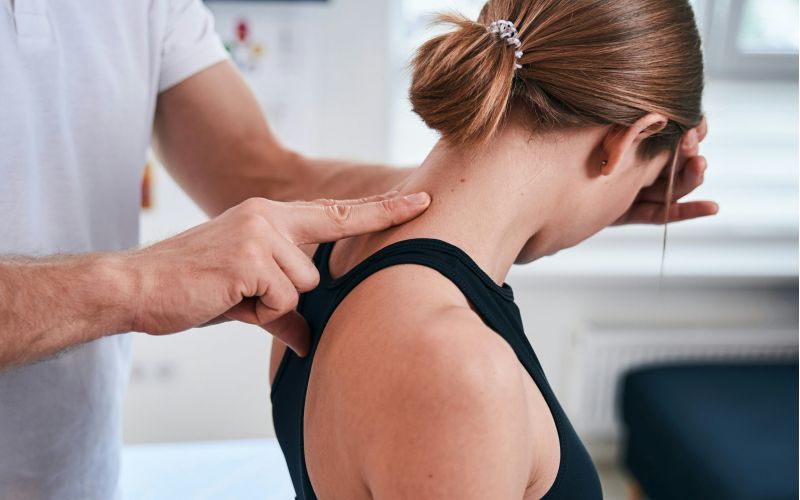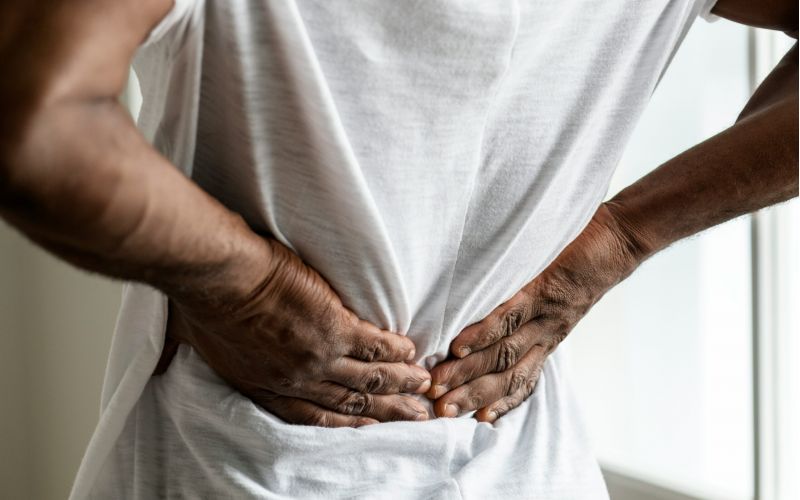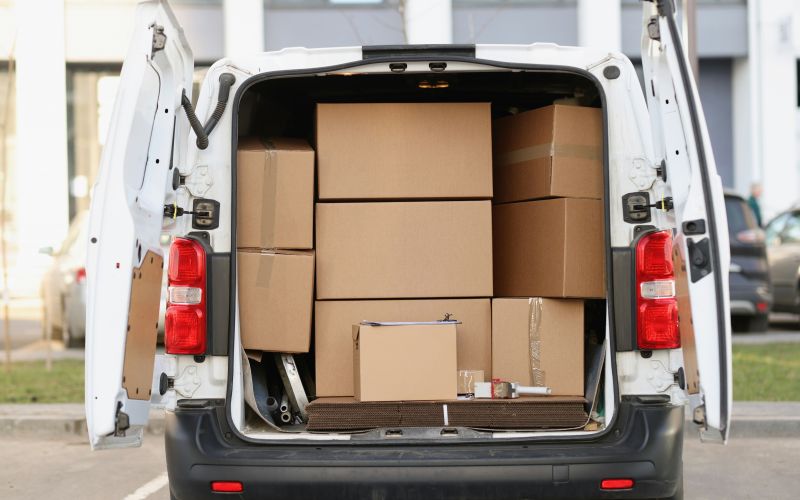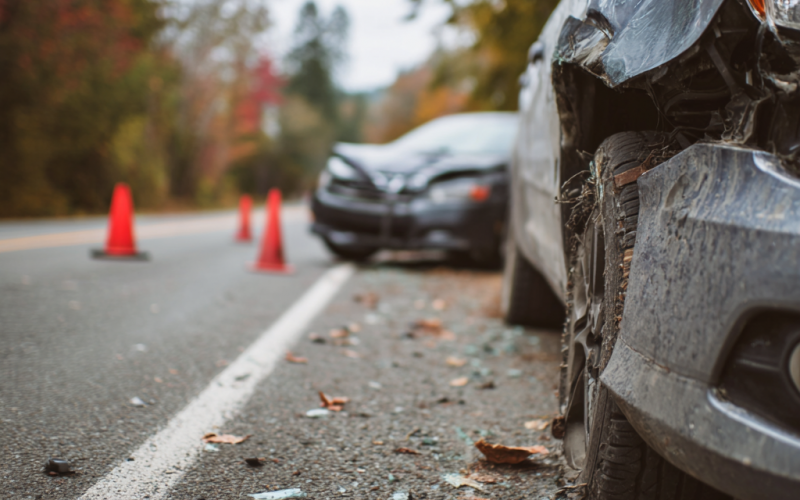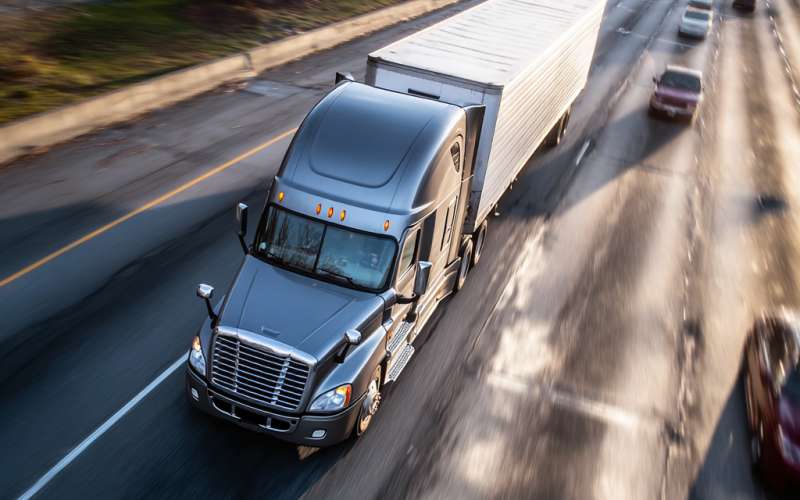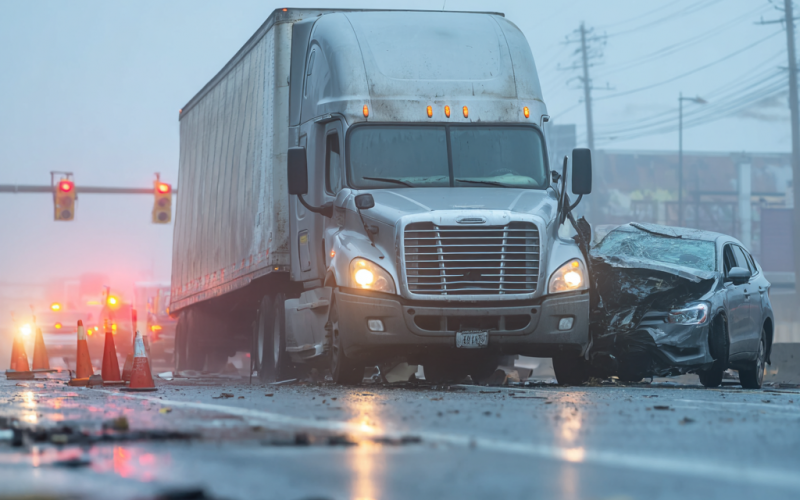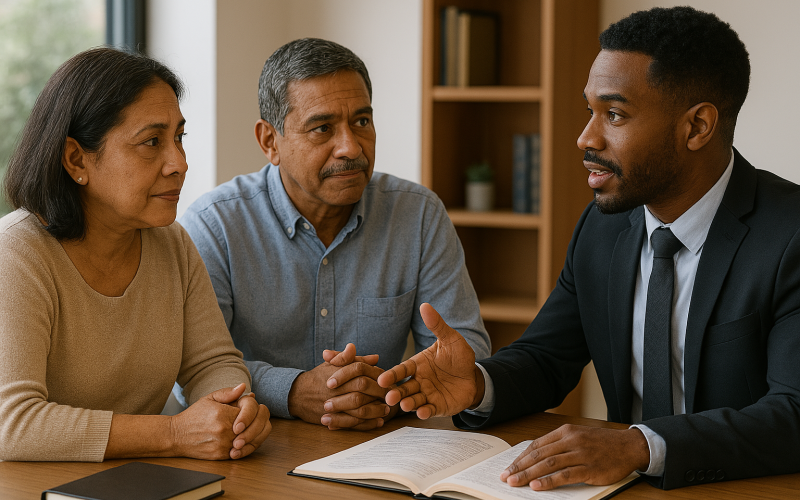Who Pays for Medical Bills After a Car Accident?
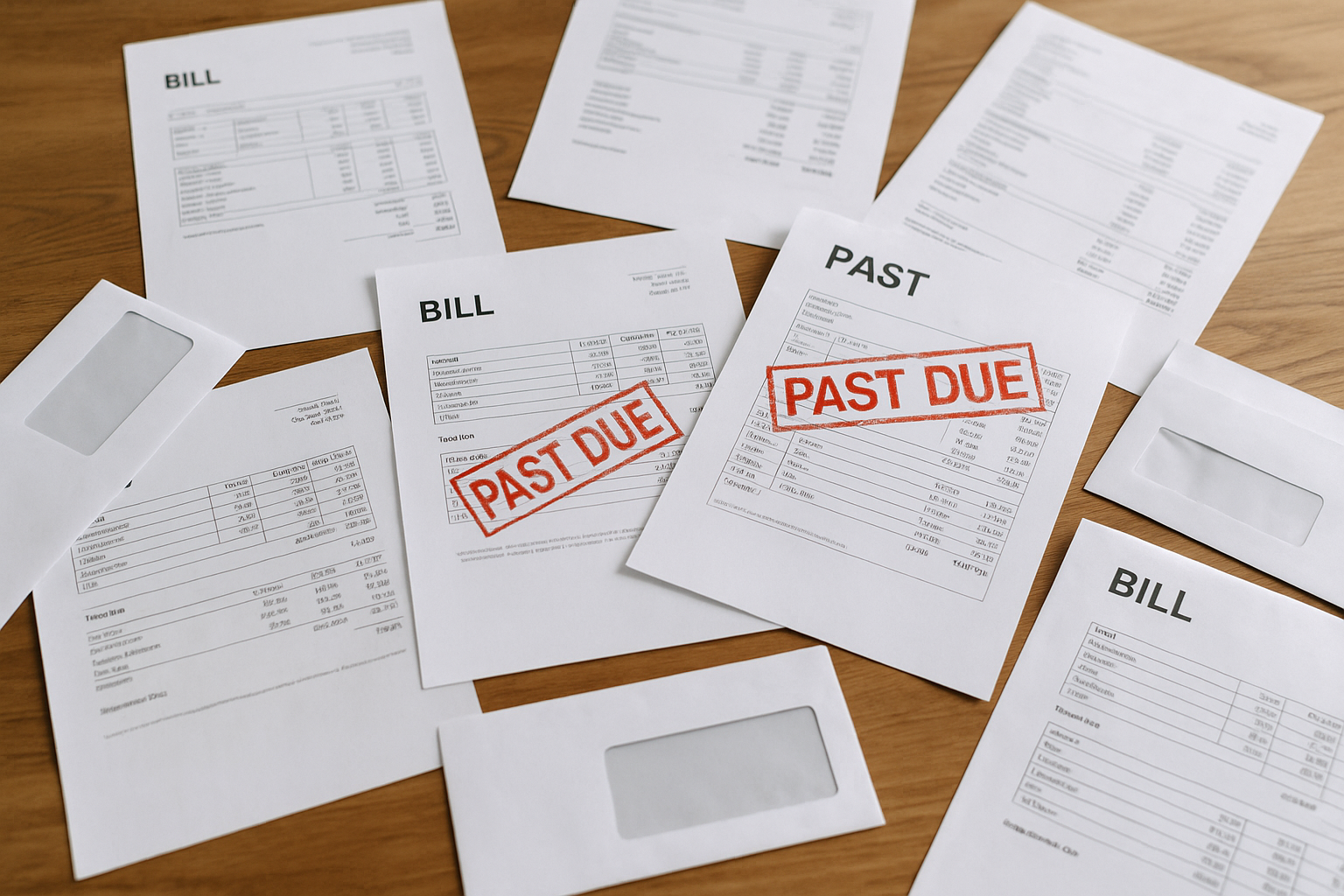


Once the initial shock of a car accident subsides, the first question on anyone’s mind is “Who’s going to pay for my medical bills and the damage to my car?” Unfortunately, the answer isn’t always straightforward. Who pays for medical bills after a car accident depends on the circumstances of the accident, the laws in your jurisdiction, the coverage of both drivers, and who can reasonably be considered liable.
At HawkLaw, P.A., we understand the frustration that can come with communicating with insurance companies and trying to secure coverage, especially after you’ve experienced a traumatic accident. Below is some helpful information on how medical bills are resolved following a crash. If you have questions or need help filing a claim, contact us for a free consultation*.
Determining Who Covers Medical Bills in a Car Accident
South Carolina is an at-fault state, meaning that the driver liable for paying the medical bills of victims of a car accident is typically the one who is considered at fault for the accident. Of course, many drivers may be at fault for the same accident, so determining how much each driver pays may require a settlement negotiation process or additional investigation if liability is unclear.
When Someone Else Caused Your Car Wreck
If another driver was clearly at fault for your crash, their insurance should cover your medical bills — up to the limits of their policy. However, you can also pursue a personal injury claim to recover additional compensation if your medical bills exceed their coverage or if their insurance refuses to pay a fair settlement.
When You Share Blame for a Car Crash
If both drivers are at fault for the same accident, a percentage will be calculated to determine which driver is more liable for paying the medical expenses and the amount that they will be required to pay. This is a modified comparative negligence rule, and essentially it means that as long as you are less than 50% liable for the accident, you will be able to recover at least some compensation for your injuries.
However, the amount you’ll receive depends on the percentage attributed to the other driver. For example, if the other driver is found 90% liable for the accident, you will receive compensation for 90% of your medical bills. But if they’re only 51% liable, you’ll only receive compensation for about half of your expenses.

When Can You Use MedPay After a Car Accident?
If you carry MedPay as part of your car insurance policy, you can use it to pay your own medical bills regardless of who is at fault for the accident. This is true even if you aren’t in the car. For example, if you are riding your bicycle and you are hit by a car, you can still use your MedPay. However, the coverage is typically much lower than what is needed to address serious accidents sustained in a car accident, so it’s best used in combination with health insurance.
What Happens If the Other Driver Is Uninsured/Underinsured?
When a driver causes an accident and does not have insurance, or they flee the crash site during a hit-and-run, you will need to use your own policy to cover your medical bills. South Carolina requires all drivers to carry uninsured motorist coverage in the same amount as their liability coverage – generally, 25/50/25. If you purchased the additional coverage for underinsured motorists, you can use that to make up the gap between your bills and the coverage of the at-fault driver.
Does Medical Insurance Cover Car Accidents?
Absolutely. The initial cost when going through medical insurance can be high but even with high deductibles or copays, your health insurance typically has no cap on the amount of care it will cover. (And your MedPay can help offset the costs of your deductibles and copays, too.) Better still, insurers negotiate reduced rates with providers, meaning even if you have to reimburse your health insurer later or they defer to the other driver’s car insurance, you’ll owe a lot less than you would have going directly through car insurance. This essentially puts a pause on payment requirements until after your case is resolved.
Can Insurance Refuse to Pay Medical Bills?
They can and they often do – but that’s why you want a car accident lawyer from HawkLaw P.A. on your side. Insurance companies are notorious for denying claims, and it isn’t always legal for them to do so. It’s also not uncommon for insurance companies to try and trick you into lying or admitting fault for the accident so that they can justify a dispute or denial and not be required to pay for your medical bills. Our team fights back when insurers don’t do the right thing.
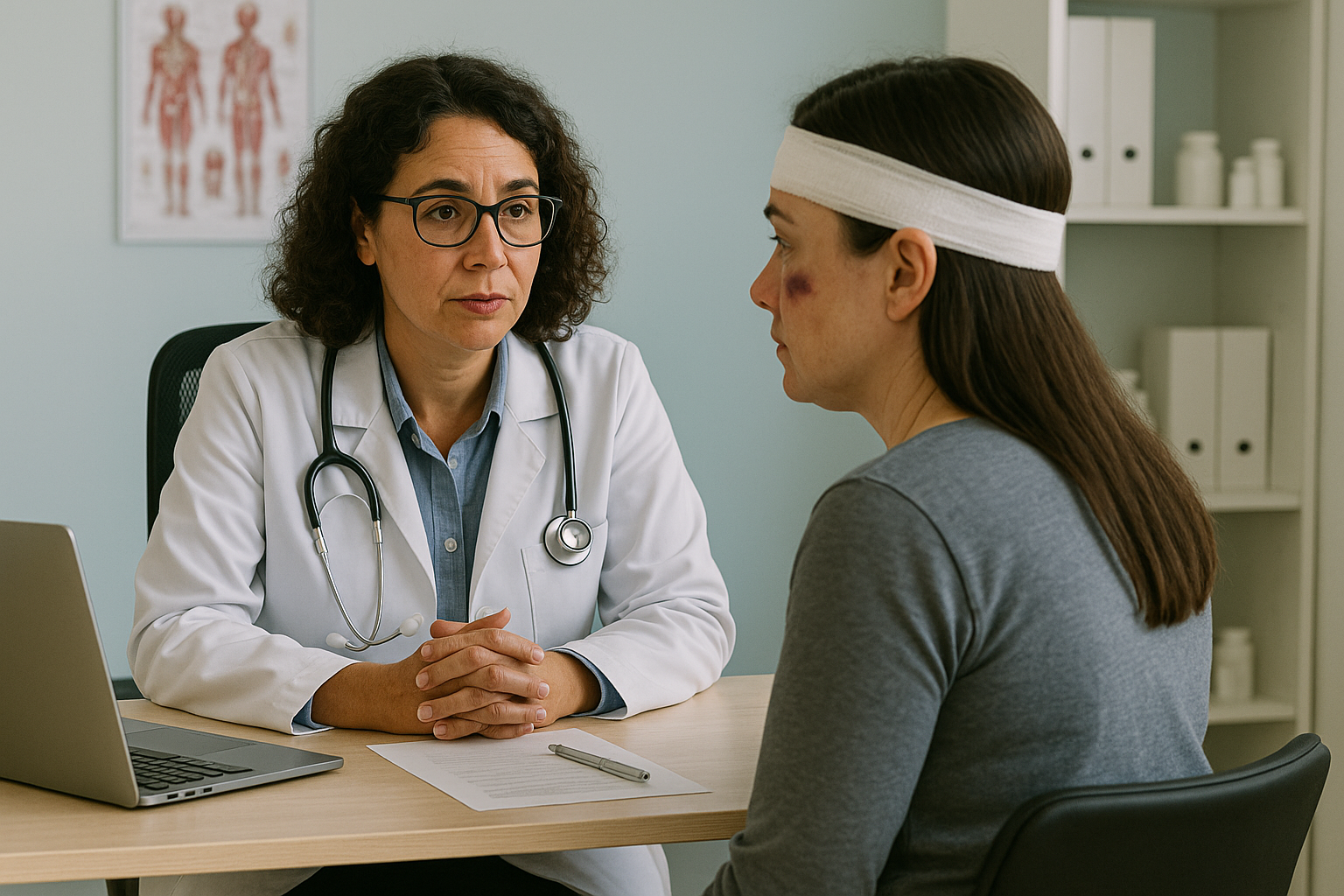
How Medical Bills Are Paid After a Car Accident
Once you’ve reached a settlement with insurance or the court has ruled in your favor during a car accident lawsuit, the next step is receiving compensation for your medical bills. Your settlement will be paid in the form of a check to your attorney. From there, the attorney will pay any parties you’re required to pay as a result of your settlement on your behalf. Lastly, attorney fees are calculated and subtracted from the settlement before the remaining amount is passed on to you.
Will I Have to Pay Back the Insurance Company From My Award?
It depends. You don’t have to pay back anything you used through MedPay. And you won’t have to pay back anything you obtained through your own uninsured motorists claims unless they catch the at-fault driver and you can successfully recover from him or her for compensation. The same is true with your healthcare; if you win an award, your doctors and their practices (like a hospital) as well as your health insurer will seek reimbursement for their services through medical liens. This process is called subrogation, and it is legal because the economic damages you secure are supposed to (in part) help you pay for your bills. If someone else paid those bills – in this case, an insurance company – then they can seek reimbursement for it.
When your case is settled, your attorney will pay the insurance companies the money you owe out of the settlement you receive.
Can Medicare or Medicaid Take My Car Accident Settlement?
Yes, like other forms of health insurance, Medicare or Medicaid will require that you pay back the amount you received through subrogation.
What If My Medical Bills Are More Than My Settlement?
Unfortunately, you’ll need to cover the remainder of your bill even if your settlement doesn’t cover it. This is why it’s important to have a, car accident lawyer with you during settlement negotiations. Once the negotiation process is done, the settlement amount is final and you won’t be able to negotiate for more. Never agree to a settlement unless you’ve talked with your lawyer first. They will be able to advise you whether or not the amount is reasonable.
Contact HawkLaw for Help If You Were Injured in a Car Accident
No one should have to live with the uncertainty of whether their medical bills will be covered following an accident. Contact HawkLaw for a complimentary consultation* and we’ll walk you through the steps of how you can seek fair compensation for your injuries. Proudly serving clients in Anderson, Charleston, Columbia, Greenville, Spartanburg, and throughout South Carolina for over 20 years.
John D. Hawkins
John Hawkins is the Founder and CEO of HawkLaw He has been licensed to practice law in South Carolina since his graduation with honors in 1994 from the University of South Carolina School of Law, where he was on the Law Review and Order of Wig and Robe.
-
$3,000,000*
Trucking Accident Settlement
-
$1,005,000*
Car Accident Settlement
-
$575,000*
Personal Injury Settlement
"*" indicates required fields



